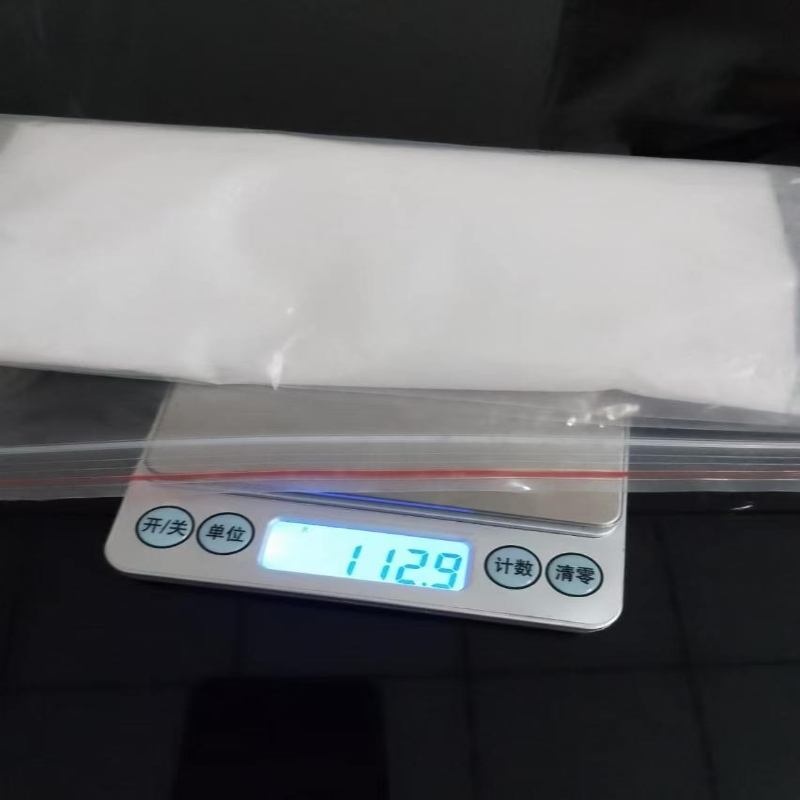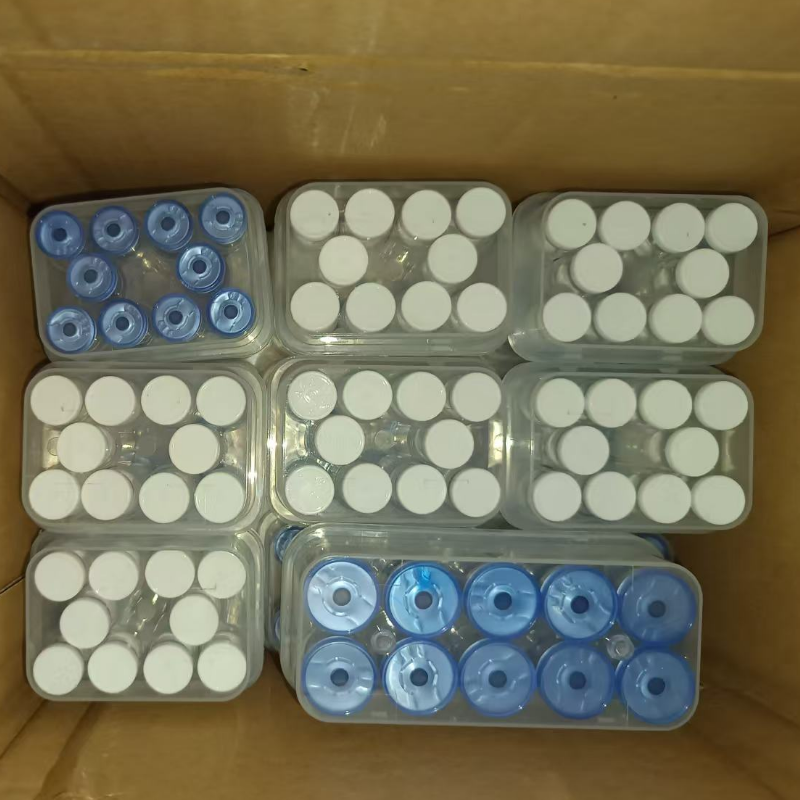-
Categories
-
Pharmaceutical Intermediates
-
Active Pharmaceutical Ingredients
-
Food Additives
- Industrial Coatings
- Agrochemicals
- Dyes and Pigments
- Surfactant
- Flavors and Fragrances
- Chemical Reagents
- Catalyst and Auxiliary
- Natural Products
- Inorganic Chemistry
-
Organic Chemistry
-
Biochemical Engineering
- Analytical Chemistry
-
Cosmetic Ingredient
- Water Treatment Chemical
-
Pharmaceutical Intermediates
Promotion
ECHEMI Mall
Wholesale
Weekly Price
Exhibition
News
-
Trade Service
The Trends series of Cell Press has 16 review journals, dedicated to let readers understand the latest developments in life sciences, chemistry and medicine.
We provide concise and fascinating articles written by experts in various fields, covering cutting-edge topics and cutting-edge scientific progress.
Our goal is to provide readers with more than a simple summary of the literature; it is to provide comprehensive information, propose new ideas, challenge existing views, and provide unique and critical insights on the direction of the field.
Today, our Trends editors have selected excellent review articles in various fields of oncology for everyone, for the "Precision Oncology: Progress, Challenges and Commitments" academic session organized by Cell Press and Beijing Municipal Science and Technology Commission on 25-26 this month.
The exchange activities are warmed up, click to view details.
Targeting CTGF: An Emerging Opportunity for Cancer Treatment Although cancer research has made tremendous progress in the past few decades, there is still an urgent need for effective treatment strategies.
More and more evidences show that connective tissue growth factor (CTGF) is a multifunctional signal regulator that promotes cell proliferation, migration, invasion, drug resistance, and epithelial cell-mesenchymal transition (EMT) The occurrence, progression and metastasis of cancer.
CTGF is also involved in the tumor microenvironment in most lymph nodes, affecting angiogenesis, inflammation, and activation of cancer-associated fibroblasts (CAF).
In this review, Zhang Weidong, Luan Xin and others at Shanghai University of Traditional Chinese Medicine discussed the expression and regulation of CTGF, carcinogenesis, clinical significance, targeting strategies and therapeutic drugs.
Here, the researchers believe that CTGF is a promising target for cancer treatment, which may improve the clinical prognosis of cancer patients.
▲
We provide concise and fascinating articles written by experts in various fields, covering cutting-edge topics and cutting-edge scientific progress.
Our goal is to provide readers with more than a simple summary of the literature; it is to provide comprehensive information, propose new ideas, challenge existing views, and provide unique and critical insights on the direction of the field.
Today, our Trends editors have selected excellent review articles in various fields of oncology for everyone, for the "Precision Oncology: Progress, Challenges and Commitments" academic session organized by Cell Press and Beijing Municipal Science and Technology Commission on 25-26 this month.
The exchange activities are warmed up, click to view details.
Targeting CTGF: An Emerging Opportunity for Cancer Treatment Although cancer research has made tremendous progress in the past few decades, there is still an urgent need for effective treatment strategies.
More and more evidences show that connective tissue growth factor (CTGF) is a multifunctional signal regulator that promotes cell proliferation, migration, invasion, drug resistance, and epithelial cell-mesenchymal transition (EMT) The occurrence, progression and metastasis of cancer.
CTGF is also involved in the tumor microenvironment in most lymph nodes, affecting angiogenesis, inflammation, and activation of cancer-associated fibroblasts (CAF).
In this review, Zhang Weidong, Luan Xin and others at Shanghai University of Traditional Chinese Medicine discussed the expression and regulation of CTGF, carcinogenesis, clinical significance, targeting strategies and therapeutic drugs.
Here, the researchers believe that CTGF is a promising target for cancer treatment, which may improve the clinical prognosis of cancer patients.
▲







